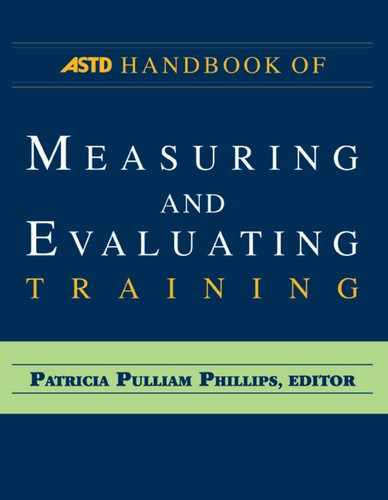 Section II
Section II
Data Collection

Historians’ Fallacies by David Hackett Fischer (1970) provides an entertaining, yet important look at the problem-solving discipline of history. A historian is a person who asks questions about past events and explains the findings through statistical generalization, narrative, models, or analogy. One simple quote from the book sums up the importance of historians asking relevant questions:
…..we can hardly blame science just because we’ve asked the wrong questions.
—Ernst Cassirer (1874-1944)
Jewish German historian and philosopher
Much like historians, evaluators must ask the right questions the right way. All too often we report what we believe to be true based on our evaluation, but in the end, the questions asked (or measures taken) weren’t the right ones. Or, if they were the right questions, they were asked in such a way that an objective (not to mention accurate) response could not be offered.
Data collection is nothing more than asking questions so that we can get the answers we need to measure the progress of and success with our programs. Just what those questions are, how we ask them, whom we ask, and when we ask depend on the objectives set during the planning phase (see Section I). There is no one best way to collect evaluation data. There is, however, a better way after you consider
- type of data
- time requirements
- resource constraints
- cultural constraints
- convenience.
In Section II, you will learn how to
- collect quantitative data
- collect qualitative data
- access data that are already available
- build data collection into the program.
References
Hackett Fischer, D. (1970). Historian’s Fallacies. New York: HarperPerennial.
